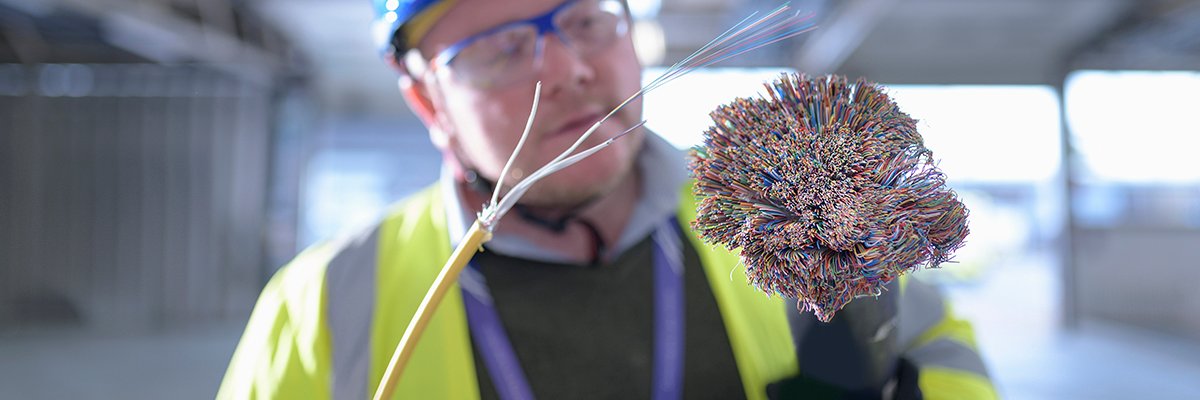While noting that there were no grounds for complacency in the progress made by BT’s broadband provision division in meeting its commitments, UK communications regulator Ofcom has expressed general satisfaction in the progress made by Openreach in terms of the sustainable processes and strategic independence it had made from its parent company.
Ofcom first set out its case in 2016 that Openreach needed to gain greater independence from BT to allow homes and businesses in the UK to access faster and more reliable broadband.
The regulator instigated a programme of reform by BT Group intended to address its concerns and deliver better outcomes for consumers and businesses and in March 2017, BT notified Ofcom of its voluntary commitments to further reform Openreach, making it a distinct company with its own staff, management, purpose and strategy.
Ofcom then set out its view that the new arrangements sufficiently addressed its competition concerns as set out in its Strategic Review of Digital Communications subject to BT and Openreach’s continued commitment to the new arrangement. Ofcom accepted commitments from BT to reform Openreach in July 2017, and in July 2019 issued its first full annual monitoring report covering the period to March 2019.
The latest version of the Delivering a more independent Openreach: Annual monitoring report covers the 12-month period up to the end of March 2020, and shows that despite clear progress by Openreach, and an acceleration in deploying gigabit broadband across the UK, there was no room for complacency, and continued focus and vigilance was needed to ensure progress continued, as was fully embedded and sustainable.
Ofcom noted that BT has increased its full-fibre roll-out ambitions to reach 20 million premises by the mid to late 2020s and Openreach’s FTTP deployment was continuing at scale and pace across the UK enabled by significant BT investment.
Ofcom added that it could see the beneath the surface of Openreach stated ambitions, the company had independently worked up its commercial business case which was scrutinised and challenged by BT Group through established governance processes before the final investment decision was made. Ofcom said that it would continue to monitor how the investment needed to support this ambition is delivered.
The review of Openreach’s performance also saw Ofcom welcome the action taken by the company during the challenges of the Covid-19 pandemic, and observed that it was working closely and constructively with industry to help homes across the UK stay connected. This, it said, included delivering new, and maintaining existing, telecoms infrastructure.
Ofcom calculated that at the end of March 2020, Openreach had built full-fibre connections out to 2.6 million premises, what it called a notable increase from the 1.2 million noted at the same time in 2019, and was reaching on average 32,000 new premises with full fibre each week.
However, Ofcom also noted that not all stakeholders in the process regarded the separation between BT and Openreach as working as they consider it should and have raised concerns about the potential for undue BT Group influence over Openreach pricing decisions.
Ofcom also noted some concerns around coincidences of timing of Openreach fibre deployment in certain locations where communication providers’ build footprints overlap. While it recognised these concerns, Ofcom said that it had not to date not found anything that would suggest that Openreach is not acting in accordance with the Commitments. Ofcom stressed that these areas would continue to be of particular focus for monitoring in the year ahead.
Commenting on the findings, Mark Shurmer, managing director of regulatory affairs at Openreach said: “We’re encouraged that Ofcom recognise the progress Openreach is making as a business and, in particular, how our amazing engineers have responded to the Coronavirus pandemic.
“Openreach exists to promote choice and competition in the UK’s broadband market, and we’re continuing to focus on building a better, broader and faster network for our customers all over the country. There’s a big job to do, and no room for complacency, so we’ll be working closely with our customers, Ofcom, the wider industry and all of our stakeholders to keep the UK connected.”













